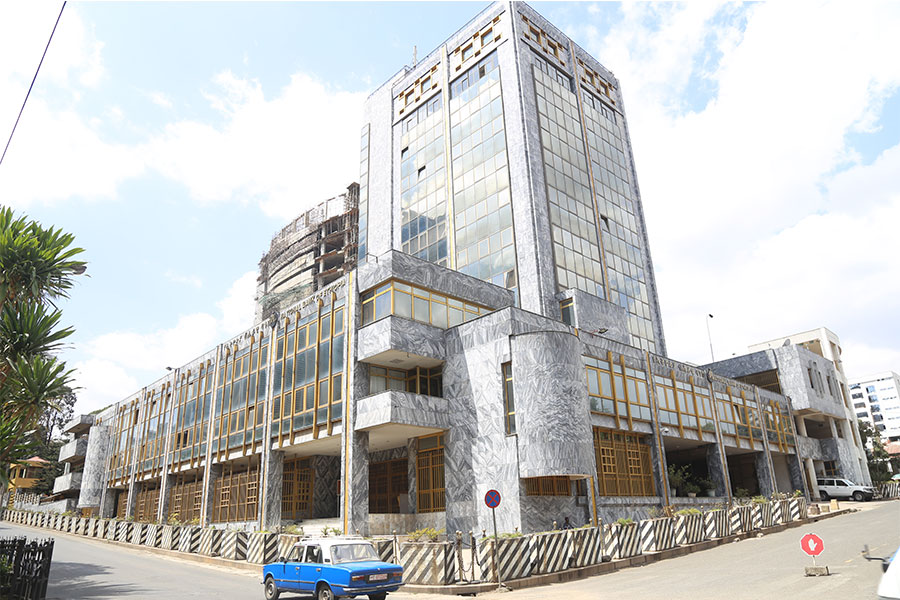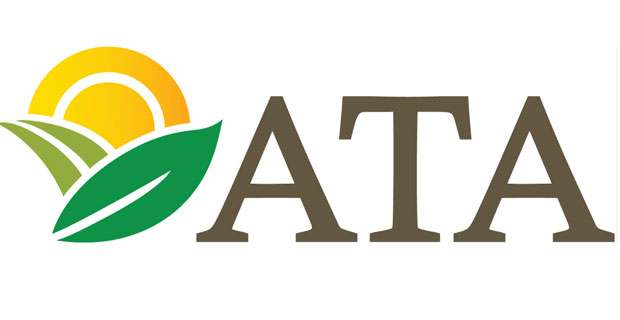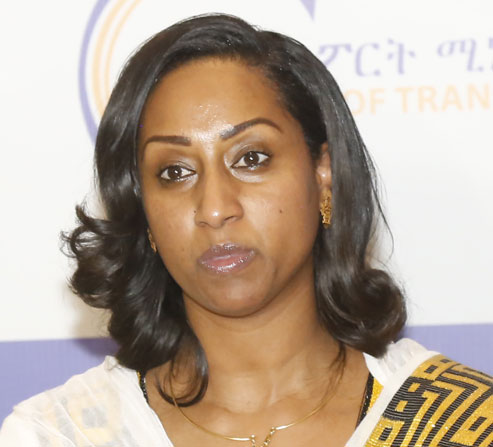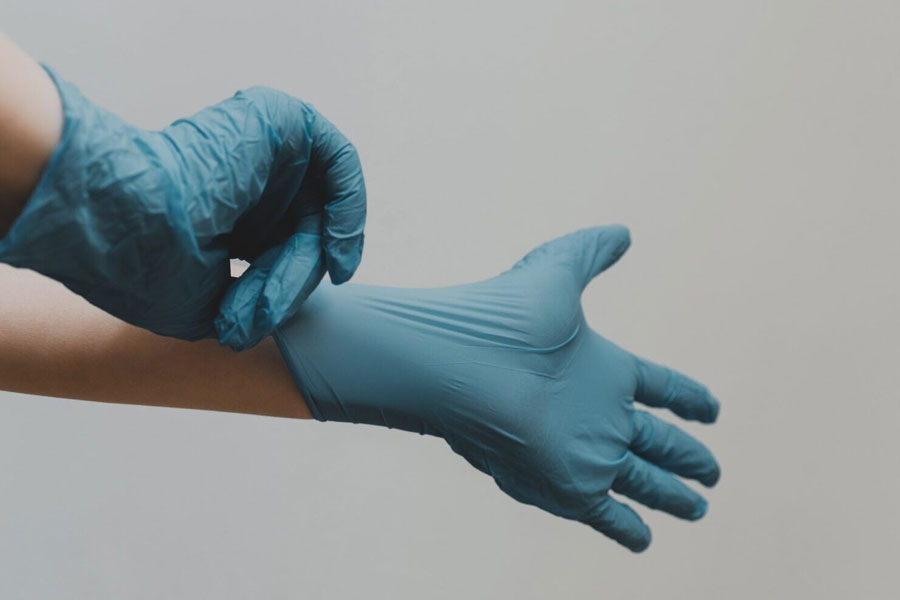
Fortune News | Mar 16,2019
A vaccine laboratory and inspection facility projected to cost one billion Birr is in the making in Akaki-Qaliti District. The facility will be constructed on a plot behind the Qaliti Drivers & Mechanics Training Institute, having a 10-storey structure incorporating three basements fitted with air conditions.
The project is part of Ethiopia's COVID-19 Emergency Response programme, financed with 207 million dollars in the latest round of funding from the World Bank. Officials of the Ministry of Health plan to use a quarter of the amount to bankroll the laboratory and research facility; 36 million dollars is earmarked for the procurement of laboratory equipment. The balance will be used for COVID-19 emergency-related activities such as procurement of vaccines and cold chain facilities, and capacity building for the health workforce, according to Muluken Yohannes (MD), advisor to the Minister and national COVID-19 vaccination coordinator.
Projected to take two years to complete, the Ethiopian Food & Drug Authority (EFDA) is supervising the project. Though it operates six laboratories, the Authority has long sent samples to countries like Germany and South Africa for further testing.
“The country is still dependent on evaluation and approval from agencies such as the WHO," said Seyoum Wolde, deputy director-general of the Authority.
The EFDA started vaccination inspection work at its laboratory in Hawassa, 273Km south of Addis Abeba, a few months ago. The Hawassa facility has undergone renovation work and is fitted with additional equipment with an outlay of 45 million Br to make it serve the task. It can provide laboratory services for 200 pharmaceutical products at a given time.
Over the first nine months of 2020/21, the Authority provided 655 imported medical products laboratory services.
There is a shortage of laboratories inspecting and regulating vaccines (such as COVID-19 jabs) imported. Thus far, over 30 million doses of COVID-19 vaccines have been imported through multilateral and bilateral agreements. This includes the three million Johnson & Johnson jabs the federal government procured for 30 million dollars. Ethiopia awaits the donation of 20 million Sinopharm jabs from China.
Health officials say once the facility is completed, it will accommodate the laboratory services the country requires.
“Even though the funding from the World Bank is for financing activities related to COVID-19, the project will also be useful for the inspection of other vaccines and medicines,” said Muluken.
Experts like Dawit Assefa (PhD), lecturer of biomedical engineering at the Addis Abeba Institute of Technology, observe that inspecting vaccines locally has benefits other than saving foreign currency. It will also enable more efficient use of imported medical products and equipment, according to him.
Dawit noted that much of the pharmaceuticals and medical equipment shipped in from abroad is not used adequately at health facilities due to a lack of inspections and laboratory services, which he stresses are crucial parts of any health system. Vaccine and pharmaceutical manufacturers must undertake quality and safety tests before production. They are subject to strict supervision by drug administration authorities and the World Health Organisation (WHO). However, experts maintain it is essential that recipient countries take additional precautions.
“As the volume and variety of imported pharmaceutical products such as vaccines grow, so does the need for proper laboratory services,” Dawit said.
PUBLISHED ON
Feb 19,2022 [ VOL
22 , NO
1138]

Fortune News | Mar 16,2019

Fortune News | Feb 23,2019

Radar | May 08,2021

Fortune News | Jun 19,2021

Radar | Mar 28,2020

Radar | Aug 16,2020

Fortune News | May 23,2020

Radar | Nov 29,2020

Radar | Jan 15,2022

Commentaries | Sep 04,2021

Dec 22 , 2024 . By TIZITA SHEWAFERAW
Charged with transforming colossal state-owned enterprises into modern and competitiv...

Aug 18 , 2024 . By AKSAH ITALO
Although predictable Yonas Zerihun's job in the ride-hailing service is not immune to...

Jul 28 , 2024 . By TIZITA SHEWAFERAW
Unhabitual, perhaps too many, Samuel Gebreyohannes, 38, used to occasionally enjoy a couple of beers at breakfast. However, he recently swit...

Jul 13 , 2024 . By AKSAH ITALO
Investors who rely on tractors, trucks, and field vehicles for commuting, transporting commodities, and f...

Jul 5 , 2025
Six years ago, Ethiopia was the darling of international liberal commentators. A year...

Jun 28 , 2025
Meseret Damtie, the assertive auditor general, has never been shy about naming names...

Jun 21 , 2025
A well-worn adage says, “Budget is not destiny, but it is direction.” Examining t...

Jun 14 , 2025
Yet again, the Horn of Africa is bracing for trouble. A region already frayed by wars...